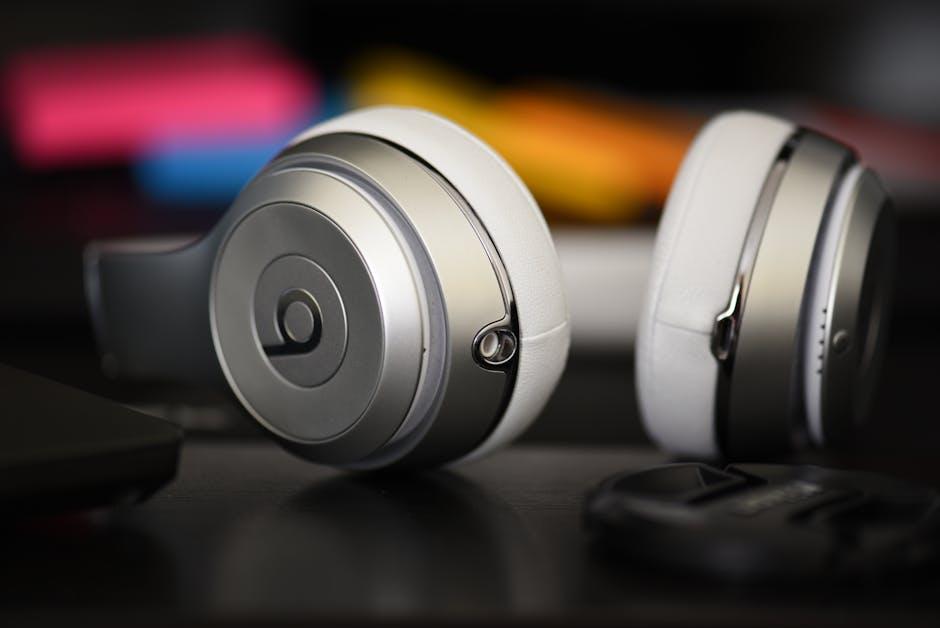In the rapidly evolving world of virtual reality (VR), tech giants like Samsung and Oculus are constantly pushing the boundaries of innovation. The latest buzz in the VR community is that the upcoming Samsung XR headset and Meta Quest Pro 2 might bypass a generation of Qualcomm chipsets to outshine the highly anticipated Apple Vision Pro. This strategic move has sent shockwaves through the industry, leaving tech enthusiasts eagerly awaiting the battle of the titans.
For years, Qualcomm has been the go-to chipset provider for VR devices. Their powerful chipsets have powered some of the most popular VR headsets, enabling immersive experiences for users around the globe. However, it now seems that Samsung and Meta have set their sights on surpassing these well-established standards.
Rumors have emerged that the Samsung XR headset and Meta Quest Pro 2 are slated to adopt the latest chipset from Qualcomm’s lineup, strategically skipping a generation. This bold decision indicates that these VR giants are striving for revolutionary performance enhancements that could potentially outshine even the highly anticipated Apple Vision Pro.
By bypassing a generation of Qualcomm chipsets, Samsung and Meta are not merely following the traditional trajectory of VR technology. Instead, they are looking to leapfrog ahead, delivering a next-level experience for VR enthusiasts. This move demonstrates their commitment to providing cutting-edge technology and staying ahead of the competition.
The decision to skip a generation of chipsets is not without risks. Qualcomm chipsets have consistently proved their reliability and quality in powering VR devices. By deviating from the established norm, Samsung and Meta must ensure that they have thoroughly tested and optimized their alternative chipset to guarantee a seamless and immersive VR experience for users.
One possible reason for this strategic decision is to differentiate their headsets from the competition. With Apple’s entry into the VR market looming, Samsung and Meta must bring new and enticing features to the table to maintain their position as industry leaders. By adopting a yet-to-be-revealed chipset, they would be offering an innovative solution that sets them apart from rival brands.
The Samsung XR headset and Meta Quest Pro 2 are expected to boast unparalleled graphics, faster processing speeds, and enhanced motion tracking, all made possible by the cutting-edge chipset they are rumored to adopt. The result could be an unrivaled VR experience, captivating users and solidifying Samsung and Meta’s positions as top players in the VR market.
As with any rumor, it is important to take these reports with a grain of salt until official announcements are made. However, if the speculation proves true, the Samsung XR headset and Meta Quest Pro 2 skipping a generation of Qualcomm chipsets could potentially offer VR enthusiasts a ground-breaking experience never seen before.
The battle between Samsung and Meta, skipping a generation of Qualcomm chipsets, and Apple’s entry into the VR market with the Vision Pro is undoubtedly heating up. These developments are not only exciting for tech enthusiasts but also bode well for the future of VR technology. As competition intensifies, it pushes companies to push the limits of innovation, resulting in better and more immersive VR experiences for consumers.
Finally, we’ll have to wait and see how these rumors unfold. The VR landscape is evolving at an astounding pace, and with each passing moment, new technologies are being developed and new possibilities are emerging. Whether the Samsung XR headset and Meta Quest Pro 2 will indeed skip a generation of Qualcomm chipsets, or if Apple’s Vision Pro will prove to be the game-changer it promises to be, remains to be seen. One thing is certain – the battle for the future of VR has only just begun.

